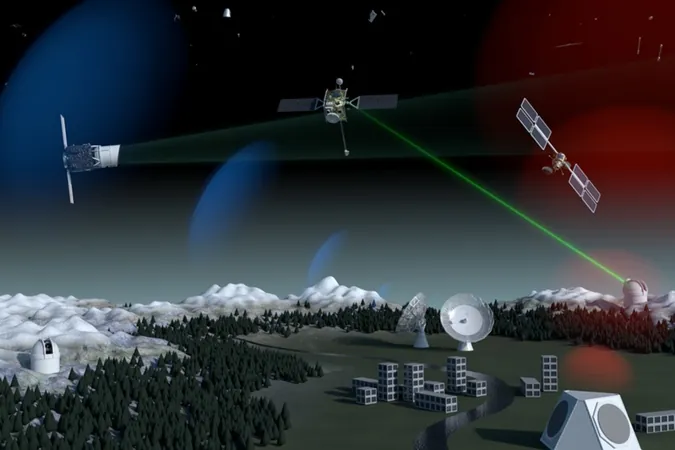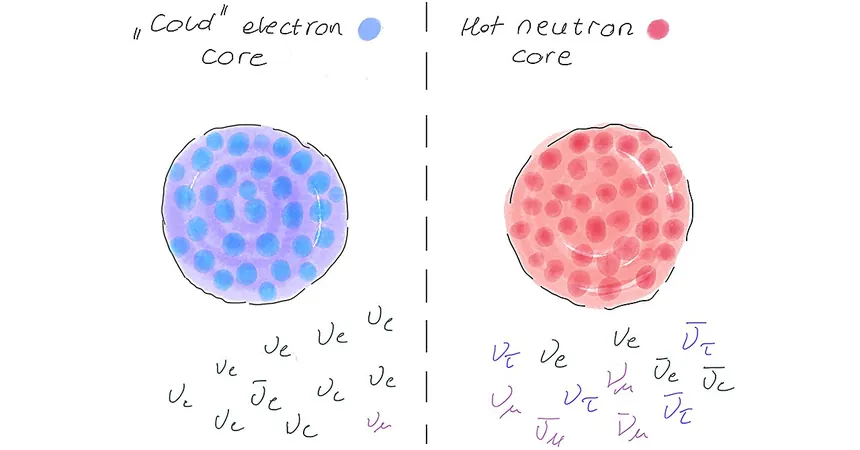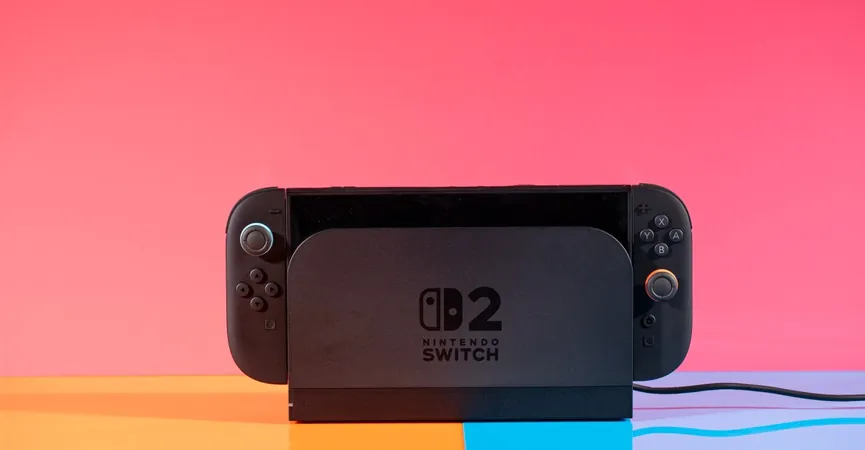
Revolutionizing Space: A Game-Changer in the Fight Against Space Debris
2025-05-14
Author: Sarah
The Ever-Growing Threat of Space Debris
Currently, Earth orbits are cluttered with roughly 35,000 tracked human-made objects. Shockingly, only about a third of these are functional satellites—tools that help with everything from scientific research to global communications. The majority, however, consist of hazardous debris: inactive satellites, spent rocket bodies, and remnants from numerous collisions and explosions over nearly seven decades of space exploration.
A Crisis on the Rise
As the frequency of satellite launches continues to skyrocket, so does the amount of space junk. Experts estimate there are about 1 million objects larger than one centimeter contributing to this orbital chaos. These pieces pose substantial risks—they can damage functioning satellites, necessitate evasive maneuvers for the International Space Station, and drastically increase the chances of catastrophic collisions.
Taking Action: The Space Sustainability Rating
In response to this urgent crisis, the World Economic Forum tapped a pioneering team led by MIT’s Associate Professor Danielle Wood in 2019. Their mission? To create a robust scoring system for space mission operators, evaluating their de-orbit strategies, collision avoidance techniques, and debris generation methods. This revolutionary framework, known as the Space Sustainability Rating (SSR), was officially launched in 2021 as an independent nonprofit.
"As new space missions propose deploying thousands of satellites, an innovative approach to space traffic management becomes essential," says Wood. The SSR aims to promote responsible behaviors among operators while spotlighting those who excel in sustainability.
Eutelsat: Setting the Standard
Leading the charge, France's Eutelsat Group became the first constellation operator to undergo this rigorous rating process. Eutelsat's mission earned a prestigious platinum rating, scoring over 80 percent, showcasing its commitment to sustainable design and operational practices.
Collaborative Research and Future Directions
In a recent open-access study published in Acta Astronautica, authors including lead researcher Minoo Rathnasabapathy and collaborators from diverse prestigious institutions unpack the origins and designs of the SSR. This paper also tackles the challenges the initiative faces in terms of widespread adoption and alignment with global space debris mitigation efforts.
"By utilizing established rating methodologies from various industries, we've created a system that not only acknowledges sustainable practices but also aligns with international guidelines," notes Rathnasabapathy.
Paving the Way for Sustainable Space Exploration
The SSR is a nongovernmental effort aimed at encouraging both private and public sector operators to take responsible actions in minimizing space debris and collision risks. Further research from the Space Enabled Research Group will continue to illustrate the vital importance of fostering sustainable practices, particularly as innovations such as satellite servicing and in-space manufacturing gain traction.
The future of our orbit depends on the actions we take today—let's make it a sustainable one!





 Brasil (PT)
Brasil (PT)
 Canada (EN)
Canada (EN)
 Chile (ES)
Chile (ES)
 Česko (CS)
Česko (CS)
 대한민국 (KO)
대한민국 (KO)
 España (ES)
España (ES)
 France (FR)
France (FR)
 Hong Kong (EN)
Hong Kong (EN)
 Italia (IT)
Italia (IT)
 日本 (JA)
日本 (JA)
 Magyarország (HU)
Magyarország (HU)
 Norge (NO)
Norge (NO)
 Polska (PL)
Polska (PL)
 Schweiz (DE)
Schweiz (DE)
 Singapore (EN)
Singapore (EN)
 Sverige (SV)
Sverige (SV)
 Suomi (FI)
Suomi (FI)
 Türkiye (TR)
Türkiye (TR)
 الإمارات العربية المتحدة (AR)
الإمارات العربية المتحدة (AR)